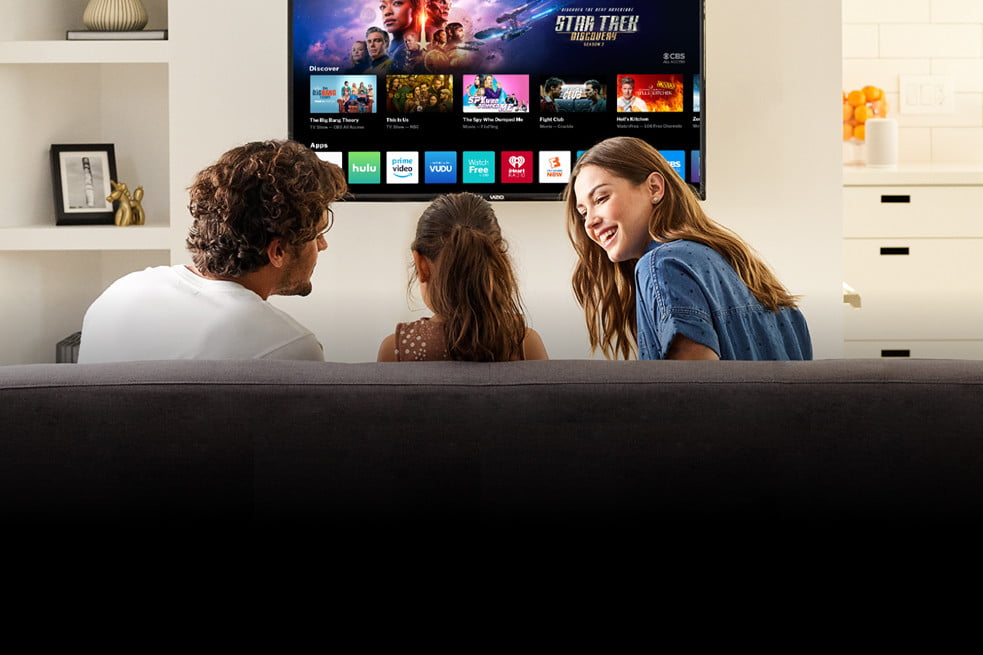In recent years, IPTV Internet Protocol Television subscriptions have increasingly become the cornerstone of home entertainment, ushering in a new era of media consumption that promises to redefine how we watch TV. Unlike traditional cable or satellite TV, which relies on physical infrastructure and often come with rigid packages and long-term contracts, IPTV delivers television programming via the internet, offering a plethora of benefits that are transforming the landscape of home entertainment. One of the most compelling advantages of IPTV is its unparalleled flexibility. Subscribers have the freedom to choose from a vast array of channels and on-demand content, tailoring their viewing experience to their preferences. This customization contrasts sharply with traditional TV services, where viewers are often stuck with predetermined bundles that include channels they may never watch. With IPTV, viewers can curate their own package, selecting only the channels and shows they are genuinely interested in, which not only enhances satisfaction but also helps cut costs.
 Furthermore, IPTV services frequently come with advanced features that enhance the viewing experience. For instance, many platforms offer high-definition and even 4K streaming options, delivering crystal-clear picture quality that rivals and often surpasses traditional broadcast methods. Additionally, the ability to pause, rewind, and record live TV allows viewers to have greater control over their watching schedule. The convenience of on-demand content also means that viewers can access their favorite shows and movies whenever they want, eliminating the need to adhere to fixed broadcast times. The rise of IPTV also aligns with the growing trend of cord-cutting, where consumers are moving away from traditional cable and satellite TV in favor of more flexible and cost-effective alternatives. This shift is driven by the desire for more personalized and on-demand content, and the appeal of lower monthly fees. IPTV subscriptions often come at a fraction of the cost of traditional TV packages, making them an attractive option for budget-conscious consumers.
Furthermore, IPTV services frequently come with advanced features that enhance the viewing experience. For instance, many platforms offer high-definition and even 4K streaming options, delivering crystal-clear picture quality that rivals and often surpasses traditional broadcast methods. Additionally, the ability to pause, rewind, and record live TV allows viewers to have greater control over their watching schedule. The convenience of on-demand content also means that viewers can access their favorite shows and movies whenever they want, eliminating the need to adhere to fixed broadcast times. The rise of IPTV also aligns with the growing trend of cord-cutting, where consumers are moving away from traditional cable and satellite TV in favor of more flexible and cost-effective alternatives. This shift is driven by the desire for more personalized and on-demand content, and the appeal of lower monthly fees. IPTV subscriptions often come at a fraction of the cost of traditional TV packages, making them an attractive option for budget-conscious consumers.
Additionally, the absence of long-term contracts means that subscribers can switch providers or cancel their subscriptions with minimal hassle, offering a level of freedom and control that traditional TV services cannot match. Another significant factor contributing to the popularity of IPTV is its compatibility with various devices. IPTV services are accessible not only through traditional set-top boxes but also via smart TVs, computers, tablets, and smartphones. This multi-device accessibility ensures that viewers can enjoy their favorite content on the go, whether they are at home or traveling. As technology continues to advance, the integration of IPTV with emerging devices and platforms is likely to become even more seamless, check my site further enhancing its appeal. IPTV subscriptions represent the future of home entertainment due to their flexibility, advanced features, cost-effectiveness, and compatibility with multiple devices. As more consumers seek personalized and on-demand viewing experiences, IPTV is poised to become the preferred choice, driving the evolution of how we consume television content.